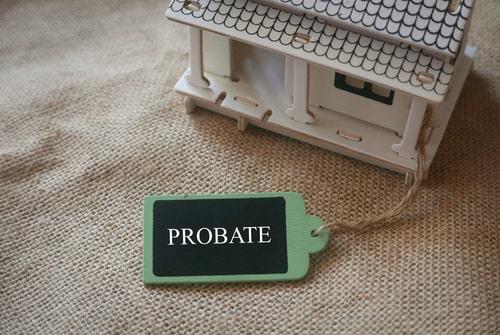What Are the Responsibilities of an Executor in Ohio?
 An executor is in charge of administering an estate after an individual passes away. Estate administration can involve many different responsibilities, including managing any investments owned by the decedent and paying any outstanding debts. An executor also is responsible for distributing the remaining assets in the estate according to the decedent’s wishes stipulated in their will and other estate planning tools. The decedent usually names who they want to serve as executor in their will.
An executor is in charge of administering an estate after an individual passes away. Estate administration can involve many different responsibilities, including managing any investments owned by the decedent and paying any outstanding debts. An executor also is responsible for distributing the remaining assets in the estate according to the decedent’s wishes stipulated in their will and other estate planning tools. The decedent usually names who they want to serve as executor in their will.
Role of an Executor
The first task as executor of an estate is usually locating the decedent’s will. The executor will also need to obtain several certified copies of the death certificate in order to provide to financial institutions, insurance companies, and certain government agencies.
The executor is also responsible for notifying all creditors, as well as anyone who is named as an heir in the will. He or she is also tasked with coming up with a complete inventory of all of the estate’s assets, debt, income, and expenses.
Filing a Will in Probate Court
There are circumstances in which it is not necessary to involve the probate court when an individual dies. Whether probate is necessary depends on a number of different factors, including the nature of the assets, how they are titled, and the size of the estate. Typically, however, when an individual leaves behind a substantial estate after their death, a will must be filed with the probate court so that the court can oversee the process of distributing assets to the beneficiaries of the will.
The court also can intervene if there is a dispute between any of the heirs and/or the executor. An heir also may try to challenge the validity of the will if he or she is unhappy with its provisions. The probate court will handle issues such as these, but the executor is part of all legal proceedings related to the estate.
Pay Bills and Distribute Assets
Once the will has been filed with the court, the executor sets up a bank account in the name of the estate. Any income that comes in will be deposited in this account and is also how bills and other expenses should be paid, such as mortgage payments for the decedent’s home. The executor is also responsible for filing all federal and state income tax returns.
Once all debts have been paid and the court has approved the will in the probate process, the executor then can distribute the remaining assets of the estate to the heirs named by the decedent.
Contact a Medina County Estate Planning Attorney
If you have been named as an executor of an estate, having a skilled Medina, OH probate lawyer help guide you through what can sometimes be a complicated probate process can ensure that all rules and procedure are followed. Call The Law Office of Whitney K.S. Miller, LLC at 330-725-4114 to schedule an appointment. Our firm offers free consultations in most cases.
Source:
https://codes.ohio.gov/ohio-revised-code/chapter-2113




